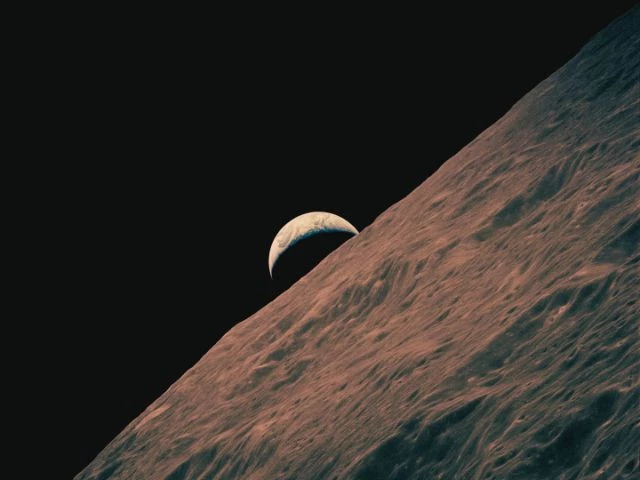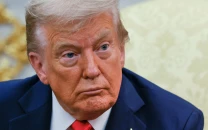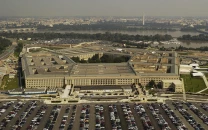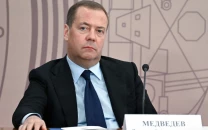China grants US access to moon rock samples amid trade war
A powerful step forward for peaceful scientific discovery across geopolitical divides

China has granted scientists from six countries, including the United States, access to lunar samples collected by its Chang’e-5 mission, marking a rare instance of scientific cooperation between Beijing and Washington despite ongoing trade disputes.
The China National Space Administration (CNSA) said on Thursday that researchers from two NASA-funded American institutions — Brown University and Stony Brook University — would be allowed to study the Moon rocks, which were retrieved in 2020.
Institutions in France, Germany, Japan, Pakistan and the UK also secured approval to examine the samples.
The CNSA’s chief, Shan Zhongde, described the lunar material as “a shared treasure for all humanity,” according to state-run media.
He added that China aims to expand international cooperation in space exploration under its Belt and Road Initiative.
The US has long prohibited NASA from working with Chinese space entities without explicit approval from Congress.
The 2011 Wolf Amendment restricts bilateral cooperation due to national security concerns, effectively barring Chinese scientists from accessing US-collected lunar samples.
John Logsdon, former director of the Space Policy Institute at George Washington University, informed that the exchange of Moon samples have "very little to do with politics".
“This is international cooperation in science, which is the norm,” he said. “It has nothing of military significance.”
Logsdon also noted that the Chang’e-5 samples are particularly valuable because they appear to be a billion years younger than those collected during the Apollo missions.
This could suggest more recent volcanic activity on the Moon than previously thought.
Efforts by US and Chinese space officials to directly exchange lunar material reportedly stalled last year, but the approval of international study applications signals a shift towards openness.
Despite high tariffs on both sides — with US duties on Chinese imports reaching up to 245% and China retaliating with 125% tariffs — scientific engagement remains a rare bright spot.
“I believe China's circle of friends in space will continue to grow,” said Shan.
























COMMENTS
Comments are moderated and generally will be posted if they are on-topic and not abusive.
For more information, please see our Comments FAQ